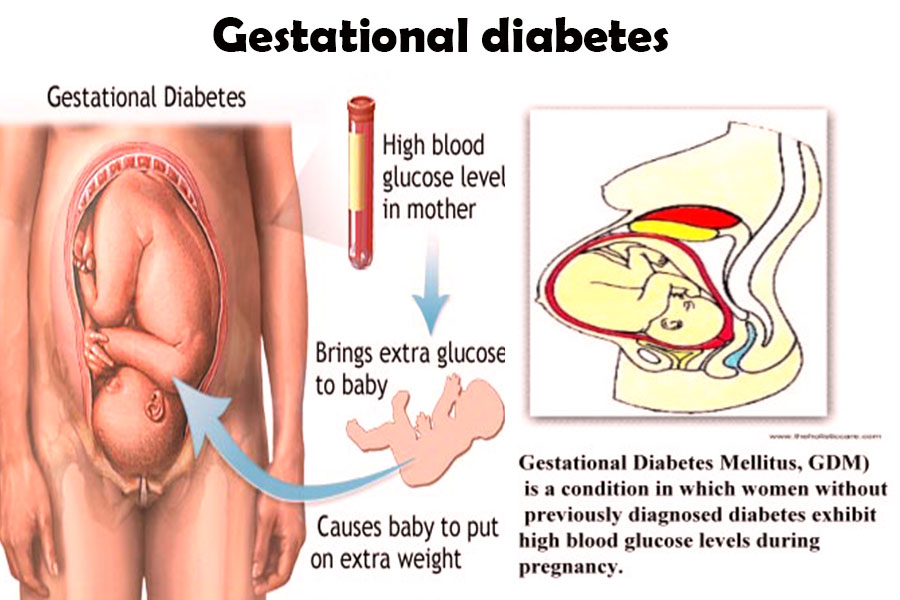Gestational diabetes mellitus is a kind of diabetes mellitus that’s common to mostly women that are pregnant. Changing about four percent of women which might be pregnant in America, diabetes mellitus might lead to serious problems if left untreated. The great news is Gestational diabetes mellitus is an operating condition if one gets the right treatment. Gestational diabetes mellitus happens when the mother can’t produce the necessary insulin needed to support her maternity. The primary reasons for this kind of diabetes mellitus are still unclear to doctors. What we know is the hormones which are presented in the mother placenta, that assist the child to develop, can occasionally cause insulin resistance in the mother.
Which implies that insulin production will be a problem for the mother. Extreme cases of women with this situation could need triple the dose of insulin to maintain the blood glucose level in check. Despite the fact that this situation is still not completely understood, studies have discovered some risk factors that may increase the likelihood of one developing gestational diabetes. These hazard factors include genetics and family history, obesity, age 25 or older have improved opportunities, pre diabetes mellitus analysis, aka impaired glucose tolerance and race variable. Researches have discovered that a lot of races except Caucasian have higher opportunities.

It is still uncertain as to this comprises people from purely African ancestry, but African Americans are in risk. The signals of gestational diabetes mellitus are hardly noticeable, even by a physician. Instead, physicians would determine your chances by utilizing the risk factors analysis. Which implies that mothers who’re identified to be high risk will be tested throughout the first prenatal check. Those with average hazard will be examined somewhere around the 25th week of maternity. Those with low risks don’t usually get checked, although it’s still best to request a minumum of one check to be done anywhere along the 4th month into your pregnancy.
The treatment for this kind of diabetes mellitus mainly revolves around diet, because there are currently no hard and fast remedies available. Mothers would have to monitor their diet carefully, make proper lifestyle selections and exercise regularly. Doctors would often provide a particular meal plan, particularly if you’ve other complications involved. Unless of course your condition is serious, your physician might advise regular sugar level tracking and insulin management. If not, keeping to a healthful diet and active lifestyle will be sufficient. If this condition isn’t treated, it might lead to complications like low blood sugar level during birth.
More from Things Health
-
Type 1 Diabetes vs. Type 2 Diabetes
How are they similar? How are they different? Whether type 1 or type 2, diabetes is a serious condition. It is on the rise in…
-
A List of The Best Vitamins and Supplements for People with Diabetes
Did you know that supplementing can help manage symptoms of diabetes? We all know that a well-balanced low GI diet, regular movement and Insulin and…
-
Insulin Resistance
A persons normal blood sugar level would be between 70-100 mg dl when fasting. People with pre diabetes will have a blood sugar reading of…
-
Essential Tips For Managing Diabetes
Diabetes can attack anyone, from toddlers to grown-ups. By definition, this is a disease which affects the ability of your body to produce or use…
-
Type 1 Diabetes vs. Type 2 Diabetes
How are they similar? How are they different? Whether type 1 or type 2, diabetes is a serious condition. It is on the rise in…

















